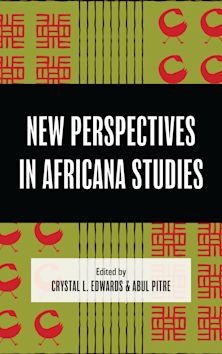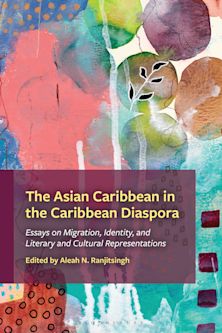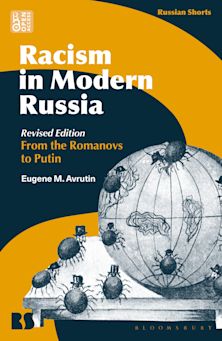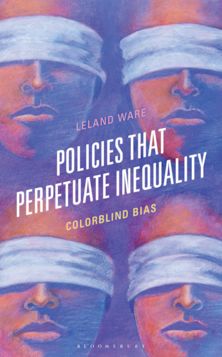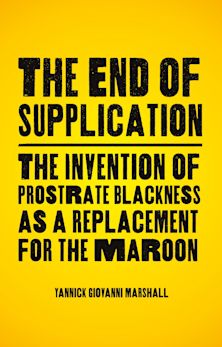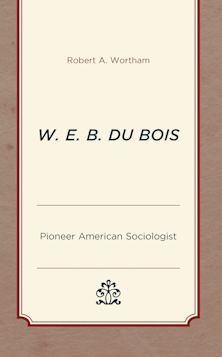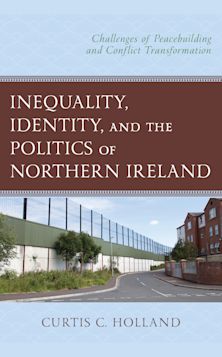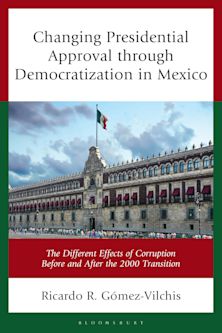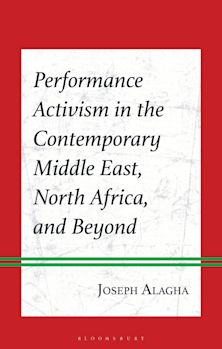- Home
- ACADEMIC
- Politics & International Relations
- Race and Ethnicity
- The Urban Planetary and Tokyo Modernity
The Urban Planetary and Tokyo Modernity
Dwelling in Passing
The Urban Planetary and Tokyo Modernity
Dwelling in Passing
This product is usually dispatched within 1 week
- Delivery and returns info
-
Free CA delivery on orders $40 or over
You must sign in to add this item to your wishlist. Please sign in or create an account
Description
The Urban Planetary and Tokyo Modernity: Dwelling in Passing analyzes everyday experiences in Tokyo during the 1910s and 1920s, showing how urban literature and urban ethnography both tried to come to terms with an emerging planetary situation defined by both ongoing movement and an intensification of local experiences. This book argues that modern urban experiences are not primarily a question of alienation, consumerism, or national life but first one of dwelling, and in particular “a dwelling in passing”. Looking at the work of the Japanese urban ethnographer Kon Wajiro in relation to early 20th century literary mappings of Tokyo in Japanese literature such as Mori Ogai’s 1912 novel Youth to Tayama Katai’s 1916 The Tokyo Near-Suburb, Christophe Thouny argues for the need to reconsider these texts in terms of a speculative genealogy of local answers to an insistent planetary situation.
Table of Contents
Chapter 2: The View from the Near-Suburb: Tayama Katai’s Musashino
Chapter 3: From Production to Attitude: Cartographic Heterotopia in Kafu’s Fair-Weather Clogs
Chapter 4: Of Modernology and Parks: Kon Wajiro’s Theory of Urban Ecologies
Chapter 5: The Urban Voyant in the New Guidebook to Greater Tokyo
Product details
| Published | Dec 15 2023 |
|---|---|
| Format | Hardback |
| Edition | 1st |
| Extent | 284 |
| ISBN | 9781666929300 |
| Imprint | Lexington Books |
| Illustrations | 28 b/w illustrations |
| Dimensions | 240 x 157 mm |
| Series | New Studies in Modern Japan |
| Publisher | Bloomsbury Publishing |
About the contributors
Reviews
-
Shifting between Kon Wajiro’s own work and that of central literary figures around him, and between Kon’s time and our own, this book does much to redress the lack of English-language scholarship on Kon and his idiosyncratic but broadly influential writings. Thouny provides an incisive reading of Kon’s approach, and also puts it into action. Along the way he carries us through some of the central threads of Kon’s work, from a re-reading of the idea of dwelling as a liberating condition, to an insistence on the ongoing importance of urban form as the only real site within which to find real potential for openness and change—including today. This is a deeply thoughtful and thought-provoking work.
Thomas Looser, New York University
-
In this expansive book, Christophe Thouny brings a planetary perspective to urban studies in a highly generative reading of Tokyo’s urban milieu. Taking urban ethnographer Kon Wajiro’s modernology as one of many energizing theoretical touchstones, Thouny argues that by examining urban dwelling as a planetary endeavor, we can rightly frame urban dwelling as perpetual movement and overcome the limiting parameters of scholarship that frames Tokyo and Japan studies through national identity. In describing how Kon creates an urban cartography of movement, Thouny also handily redefines the work of key authors—Mori Ogai, Nagai Kafu, and others—who made Tokyo their textual landscape in early twentieth-century Japan. Tokyo’s urbanites—their dwellings and their movements—are refreshingly depicted as an urban situation that is not cosmopolitan, but planetary.
Christine Marran, University of Minnesota

ONLINE RESOURCES
Bloomsbury Collections
This book is available on Bloomsbury Collections where your library has access.












